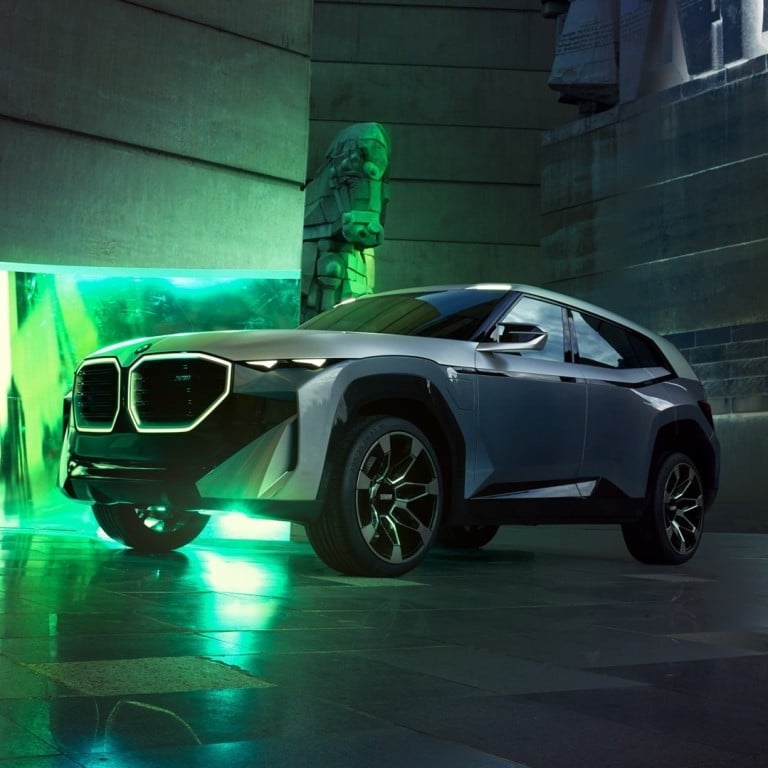Opinion / What BMW’s Concept XM says about luxury car brands in an electric world: the German company didn’t learn from Tesla or Rivian, and Apple might be the winner …

- Fellow German brands Mercedes, Audi and Porsche have been enthusiastic to get with the shift to electric, yet the Concept XM is only a hybrid
- Chinese brands Nio is another disrupter in the auto industry – but ultimately it may be Apple, long keen to get into cars, that will be the chief competition for legacy brands
This article is part of STYLE’s Luxury Column
There was a time when luxury cars were head turners in a positive way. Sculptures on wheels. Objects of desire. Beautiful creations. Luxury car brands valued elegance and timelessness, even if they were idiosyncratic or disruptive.
The premium and luxury sector was where innovation happened. Sports car brands were those that pushed the boundaries of speed, handling, acceleration and visceral experiences, and limousine makers excelled in comfort, safety and driving pleasure over longer distances.
In other words, premium and luxury cars pushed the boundaries and created desirable objects of art. European car makers – especially those from Munich and Stuttgart – were the state of the art in engineering, technology and design.

It seems that those times are over to some extent. And BMW’s latest concept car, the Concept XM, is a case in point. At a time when consumers and investors say clearly with their wallets what they want (hint: all-electric), BMW opted to show the Concept XM, a petrol/electric hybrid with an almost comical design. Another missed opportunity.
While beauty is in the eye of the beholder, most new cars look either the same as all others, or they over exaggerate design elements to a point of being ridiculous.

The Concept XM is no exception. The BMW “kidney” grille is the only element of the exterior design that gives the car distinctiveness and its oversizing is just an attempt to grab attention. Everything else about the car resembles other designs and looks generic. Interior-wise, it could be Audi or Mercedes, which further indicates that BMW is losing its point of difference from brands perceived as its nearest competitors. The question is why?
Why would a brand that was once proud of being an innovation leader not innovate? Why would a brand that was once the pinnacle of elegance try to do a car that looks decidedly more low brow? Why would a brand that once was proud to be an early mover in electric vehicles, focus on old technology and miss the mark in sustainability?